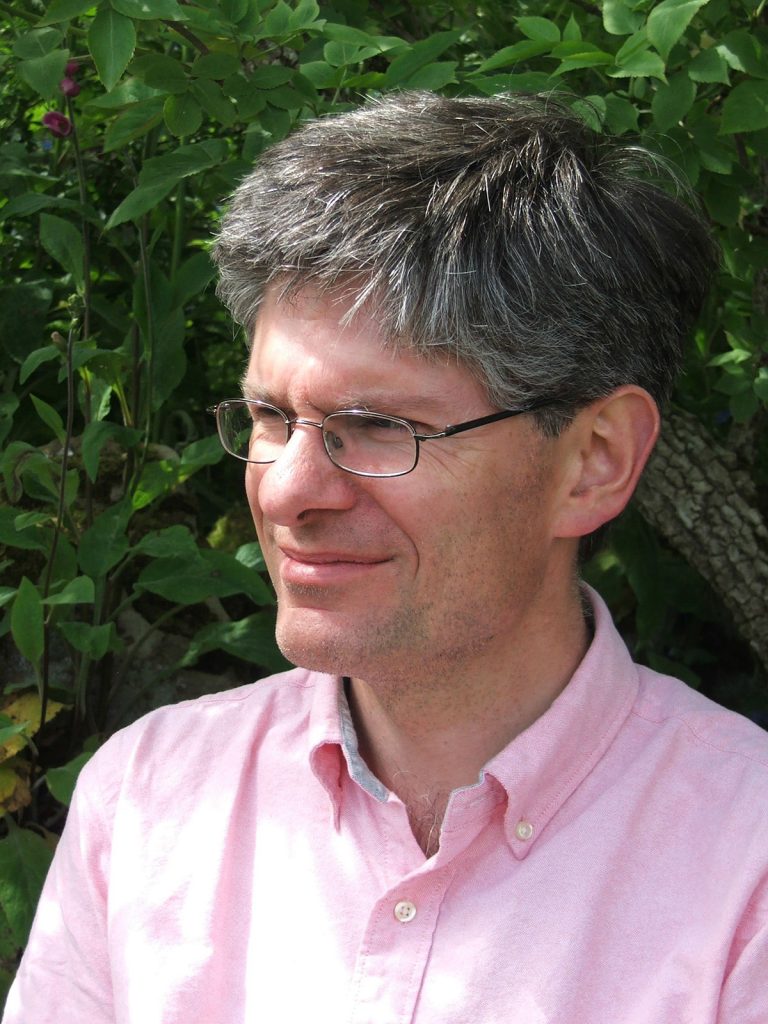
Nearly 500 years after Martin Luther jump-started the Protestant Reformation, Alec Ryrie will talk to Chautauquans about how the monk’s actions changed the world.
Ryrie will deliver his lecture, titled “Protestants: The Faith that Made the Modern World,” at 2 p.m. Friday in the Hall of Philosophy. As the conclusion of the week’s theme, “Inventing God? A Brief History of Religions,” he will trace the origins of the major branch of Christianity from its origins through the modern day.
As in his recent book of the same name, Ryrie’s lecture will tell the story of Protestantism through the eyes of people of the faith, both lay and clergy. Ryrie said he felt religious books are too often about theology and not the people who are affected by faith. During Friday’s lecture, Ryrie will describe three people from different centuries, showing how Protestantism has evolved over time.
Ryrie, a professor of the history of Christianity at Durham University in the United Kingdom, said the Protestant Reformation first intrigued him because of its major political consequences.
“Here’s somewhere where you really see people’s convictions, their religious convictions, actually shaping and driving history,” Ryrie said.
What cemented his life path, though, was his time teaching at a rural school in Zimbabwe between high school and college. It was during this time that Ryrie became a Christian, he said, and he was able to witness the influence of Protestantism in real time in South Africa.
Ryrie said he remembers where he was when he heard Nelson Mandela was released from prison — sitting on a bare concrete floor, just a few miles from Zimbabwe’s border with South Africa, listening to the radio in shock.
“It was electric, this sense that an extraordinary moment in history that we never expected to happen was unfolding around us,” Ryrie said.
The influence of the Protestant church on Mandela’s release was undeniable, Ryrie said, and it encouraged him to study theology in addition to his plan to study history at the universities of Cambridge, St. Andrews, and Oxford. He also became a licensed reader, or lay preacher, in the Church of England.
Although Luther did not desire to be a political figure or to affect politics, Ryrie said, the reforms he desired in the Roman Catholic Church would have unavoidable political consequences. Luther believed worshippers could be in direct contact with God in their own way, which meant people did not need the Church, nor did they need to pay the Church for access to heaven.
“It’s just you and your conscience and nobody else has authority over that,” Ryrie said.
After that idea took root, Protestantism spread from one stubborn monk to what is now nearly a billion people, Ryrie said. Although it caused a major schism in Christianity at the time, it is now seen as one of many evolutions in the way people worship. Ryrie said changes in religion are part of the human phenomenon and will continue for the foreseeable future.
“It’s a process of invention, but also reinvention,” Ryrie said. “Adapting (religion) to a new setting while hanging onto something from the tradition.”




